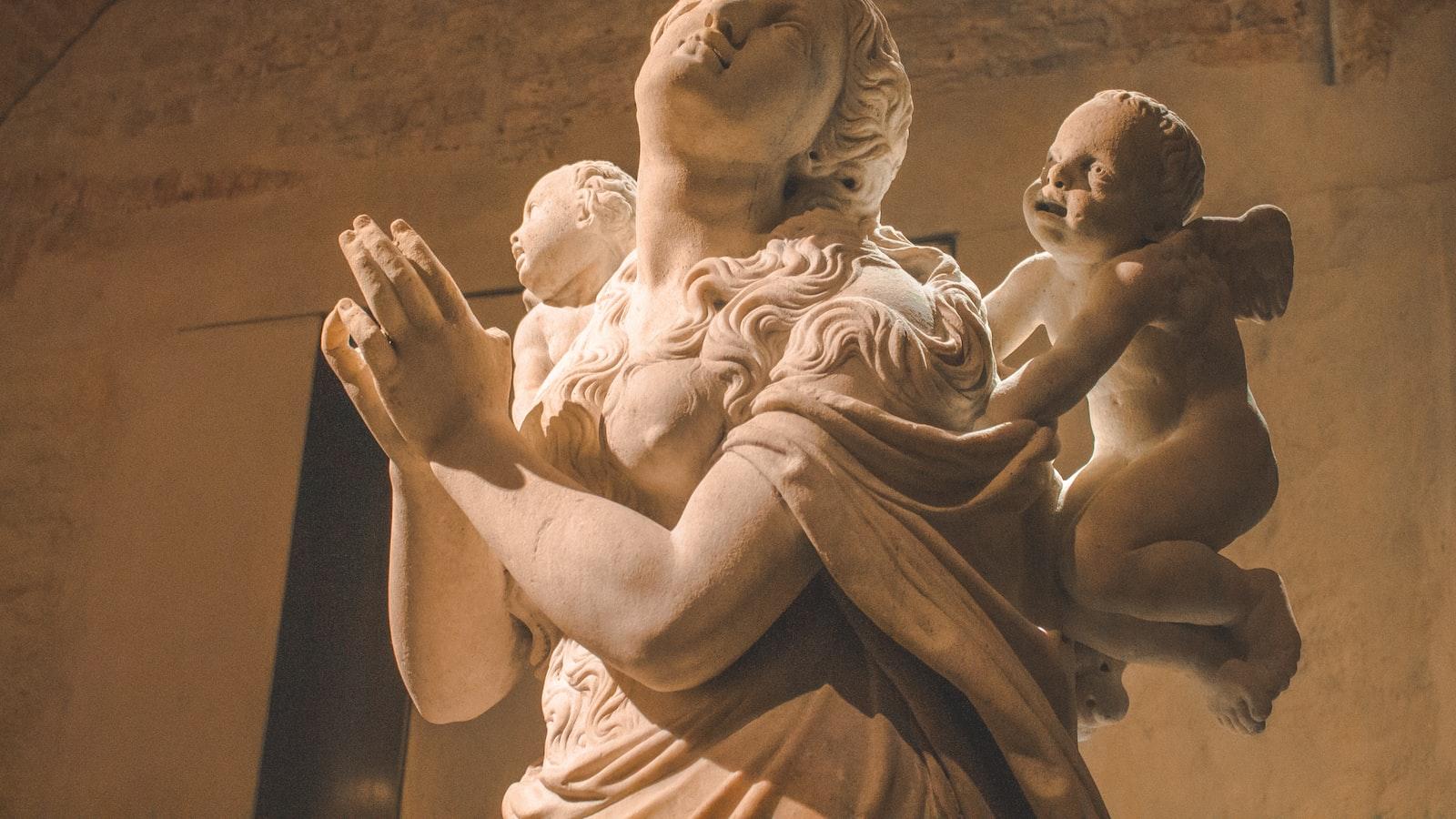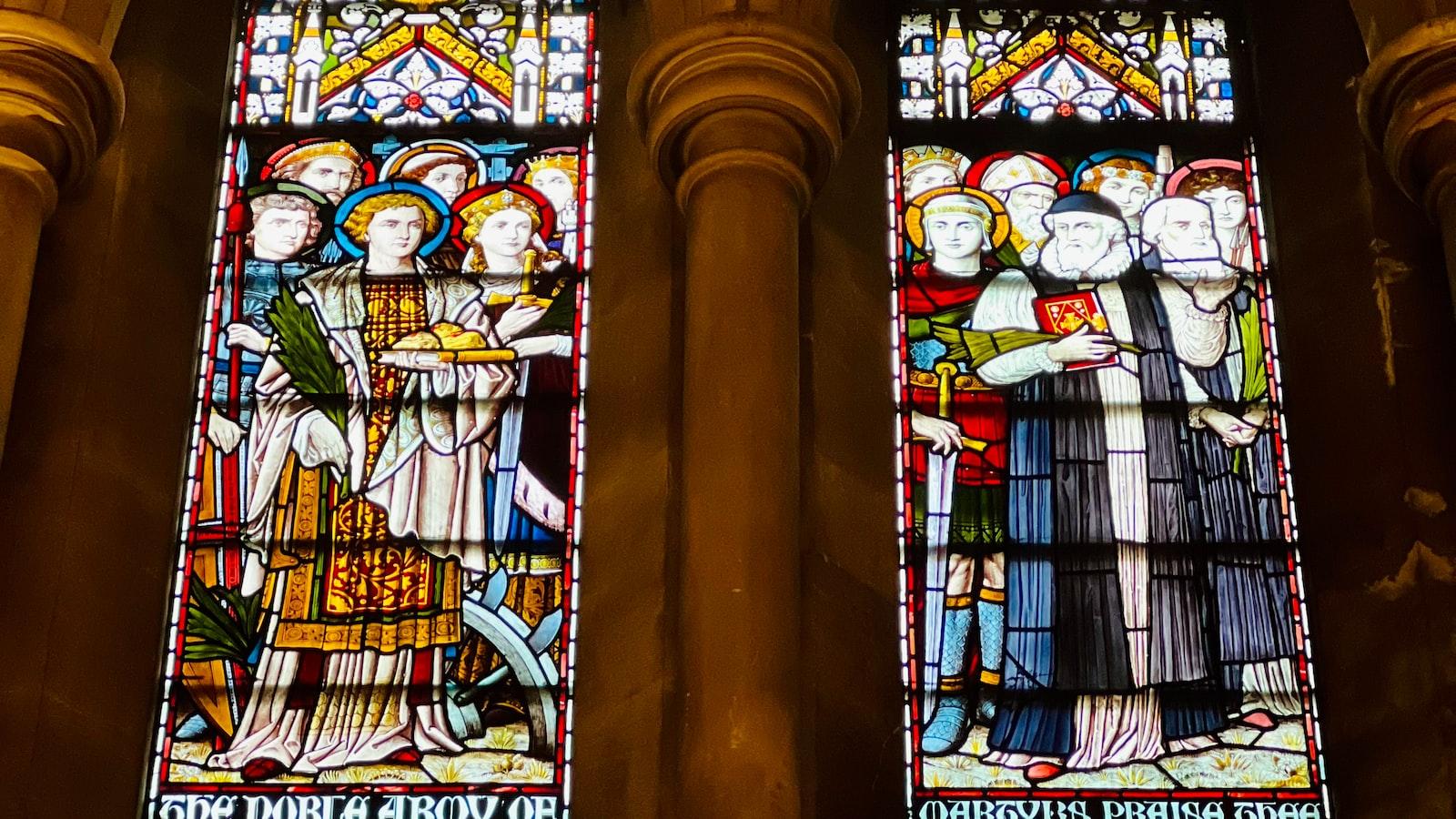Hey there! Have you ever wondered what the biblical meaning of Aaron is? Well, you’re in luck, because today we’re diving into the intriguing depths of Aaron’s significance in the Bible. From his origins to his symbolic role, we’ll explore all the fascinating insights this name carries. So, buckle up and get ready to uncover the true biblical meaning of Aaron. Let’s go!
The Name Aaron in the Bible
The Bible is filled with names that hold deep significance and symbolism, and one such name is Aaron. Aaron, meaning “mountain of strength” in biblical Hebrew, is a name that appears multiple times in the Old Testament. This name carries a rich history and profound meaning, making it an important character in biblical narratives.
Aaron is perhaps most famously known for being the older brother of Moses. He played a significant role in the Exodus story, acting as a spokesperson for his brother and assisting him in leading the Israelites out of Egypt. Aaron’s loyalty to Moses and his unwavering faith in God’s plan showcases the strength and trust associated with his name.
Aaron also holds a special place in the religious practices of the Israelites. He was anointed as the first high priest, a position of great honor and responsibility. As the high priest, Aaron served as an intermediary between God and the people, offering sacrifices and making atonement on their behalf. This role further emphasizes the strong connection between Aaron’s name and his spiritual authority.
The name Aaron is often seen as a symbol of leadership, wisdom, and resilience. It represents a steadfast commitment to God’s plan and a willingness to stand up for what is right. Aaron’s name reminds us of the importance of faith, trust, and perseverance in the face of challenges. It serves as a powerful reminder that even in the moun**tains** of life, where strength is tested, one can find the determination to overcome obstacles and succeed.

The Significance of the Name Aaron in Biblical History
The name Aaron holds significant importance in biblical history, representing a figure of great significance in the Old Testament. Derived from the Hebrew root word meaning “exalted” or “mountain of strength,” the name Aaron embodies the characteristics and role of this key biblical figure.
1. Aaron: The Brother of Moses
- Aaron was the older brother of Moses, making him a central figure in the exodus of the Israelites from Egypt.
- Together, Aaron and Moses served as God’s messengers and leaders, instrumental in the liberation of their people.
- Aaron’s role as the first High Priest of Israel signified his status as a spiritual leader and mediator between the people and God.
- His close relationship with Moses showcased the importance of unity and partnership in fulfilling God’s plans.
2. Aaron: A Symbol of Faith and Obedience
- Aaron’s unwavering faith and obedience to God’s commands were exemplified in moments such as the construction of the golden calf, where he chose to stand firm and resist idolatry.
- His adherence to God’s instructions for the priesthood further demonstrated his commitment to serving God faithfully.
- Aaron’s lineage would later establish the Aaronic priesthood, a lasting symbol of faithful service and devotion within the Israelite community.
3. Aaron: A Model of Humility and Forgiveness
- Aaron’s willingness to support and forgive Miriam, his sister, after she questioned his authority exemplified his humility and compassionate nature.
- His acceptance of God’s punishment for their lack of faith showcased his willingness to learn from his mistakes and seek reconciliation with God.
- Aaron’s humility is further evident in his willingness to assist Moses, often deferring to his younger brother’s leadership.
4. Aaron’s Legacy and Influence
- Aaron’s name continues to hold significance today, with numerous individuals still bearing this biblical name as a symbol of strength and leadership.
- His role as the High Priest has shaped the concept and symbolism of priesthood in various religious traditions throughout history.
- Aaron’s story serves as an inspiration, reminding us of the power of faith, obedience, humility, and forgiveness in our own lives.

Insights into Aaron’s Role and Influence in the Bible
Aaron, an important figure in the Bible, holds great significance and plays a pivotal role in shaping the course of history. As the older brother of Moses, Aaron serves as a prophet, a high priest, and a leader of the Israelites during their exodus from Egypt. His life and influence provide valuable insights into the dynamics of faith, leadership, and divine intervention.
Aaron’s leadership during the Exodus:
During the Israelites’ journey to the Promised Land, Aaron acted as Moses’ right-hand man and spokesperson before Pharaoh. He played a vital role in the ten plagues that befell Egypt, standing alongside Moses as they confronted Pharaoh’s obstinance. His unwavering faith in God and ability to perform miracles, such as turning the staff into a serpent, demonstrated his divine calling.
The priestly duties of Aaron:
Aaron was appointed by God as the high priest of Israel, responsible for mediating between God and the people. As the head of the priestly tribe of Levi, his role included performing various rituals and sacrifices on behalf of the people. Aaron’s solid intercession during their rebellion worshipping the golden calf showcases his commitment to upholding God’s commandments and maintaining order among the Israelites.
| Key Attributes | Examples |
|---|---|
| Spiritual Leadership | Guided the Israelites in their exodus from Egypt |
| Divine Intercession | Performed rituals and sacrifices as high priest |
| Prophetic Abilities | Performed miracles such as transforming a staff into a serpent |
Aaron’s legacy and impact:
Aaron’s faithfulness and obedience to God left a profound impact on the Israelites and the subsequent generations. His descendants formed the priestly class, ensuring the continuity of his spiritual legacy. Moreover, his time as high priest and leader serve as a foreshadowing of the ultimate high priest, Jesus Christ, who would later come to fulfill and perfect the role of intercessor between God and humanity.
Understanding the biblical meaning of Aaron encourages us to ponder the qualities of effective leadership, steadfast faith, and the importance of fulfilling our divine callings. Aaron’s presence in the Bible provides invaluable lessons that still resonate with believers today, reminding us of the power of obedience and trust in God’s guidance and plan.

Uncovering Lesser-known Facts about Aaron’s Biblical Journey
Aaron, a prominent figure in the Bible, holds great significance both in religious and historical contexts. Often overshadowed by the likes of Moses or Abraham, Aaron’s role and contributions are worth exploring further. Delving deep into his biblical journey unravels fascinating details that shed light on his character and the impact he had on the Israelite nation.
1. High Priest and Spokesperson: Aaron was appointed by God as the first High Priest of Israel, a position of immense importance. Acting as a mediator between the people and God, he played a pivotal role in offering sacrifices and performing rituals on behalf of the Israelites. Furthermore, Aaron served as the spokesperson for his brother, Moses, who frequently sought his assistance when addressing God or the people.
2. The Golden Calf Incident: One of the most intriguing episodes in Aaron’s journey is the incident involving the creation of the golden calf. While Moses was on Mount Sinai, the impatient Israelites coerced Aaron into making a golden idol, which they worshiped in Moses’ absence. Although Aaron initially complied, his intentions were not to create a false deity, but rather to pacify the impatient crowd until Moses’ return.
3. The Miracle of Aaron’s Staff: God exhibited His power through Aaron’s staff, which miraculously blossomed overnight. This divine intervention occurred as a sign during a dispute over who had the rightful authority to assume the role of High Priest. The budding almond blossoms on Aaron’s staff proved that God had chosen him, effectively silencing the doubters and solidifying his position as the High Priest.
4. Legacy and Descendants: Aaron’s legacy extends beyond his lifetime. His direct descendants formed the Aaronic priesthood, an important institution within Judaism. This hereditary priesthood was responsible for conducting sacred rites and leading in the temple service. The lineage of Aaron persisted throughout generations, carrying on his esteemed role and connection to God.
| Role | Contribution |
|---|---|
| High Priest | Mediator between the people and God, performing rituals and sacrifices. |
| Spokesperson | Assisted Moses in communication with God and addressing the Israelites. |
| Miracle of Aaron’s Staff | Divine sign confirming Aaron’s appointment as High Priest. |
| Legacy and Descendants | Established the Aaronic priesthood, continuing Aaron’s role in subsequent generations. |
Through these lesser-known facts about Aaron’s biblical journey, we gain a deeper understanding of his pivotal role in ancient Israel and his enduring legacy. Aaron’s unwavering commitment to God and his people solidified his place in history and serves as an inspiration for believers to this day.
And there you have it, the biblical meaning of Aaron laid out before you. It’s fascinating to dive into the deep roots of this timeless name and explore its significance in the Scriptures. Whether you’re a religious scholar, a soon-to-be parent searching for the perfect name, or simply curious about the origins of biblical names, Aaron’s story offers valuable insights.
From the Hebrew meaning "mountain of strength" or "exalted one," Aaron holds a special place in both the Old and New Testaments. As Moses’ brother, his role as the first high priest of Israel brought him immense influence and responsibility. Through his unwavering faith and dedication, Aaron played a pivotal role in some of the most significant events in biblical history.
Beyond its rich biblical heritage, Aaron’s name still resonates today. Many individuals proudly carry this name, symbolizing strength and exaltation to new heights. It serves as a reminder that we can draw inspiration from those who came before us, connecting us to a greater purpose.
So, whether you encounter an Aaron in your daily life or ponder the potential of bestowing this name upon a new generation, take a moment to reflect on its biblical roots. Remember the mountain of strength it represents and the legacy it carries.
